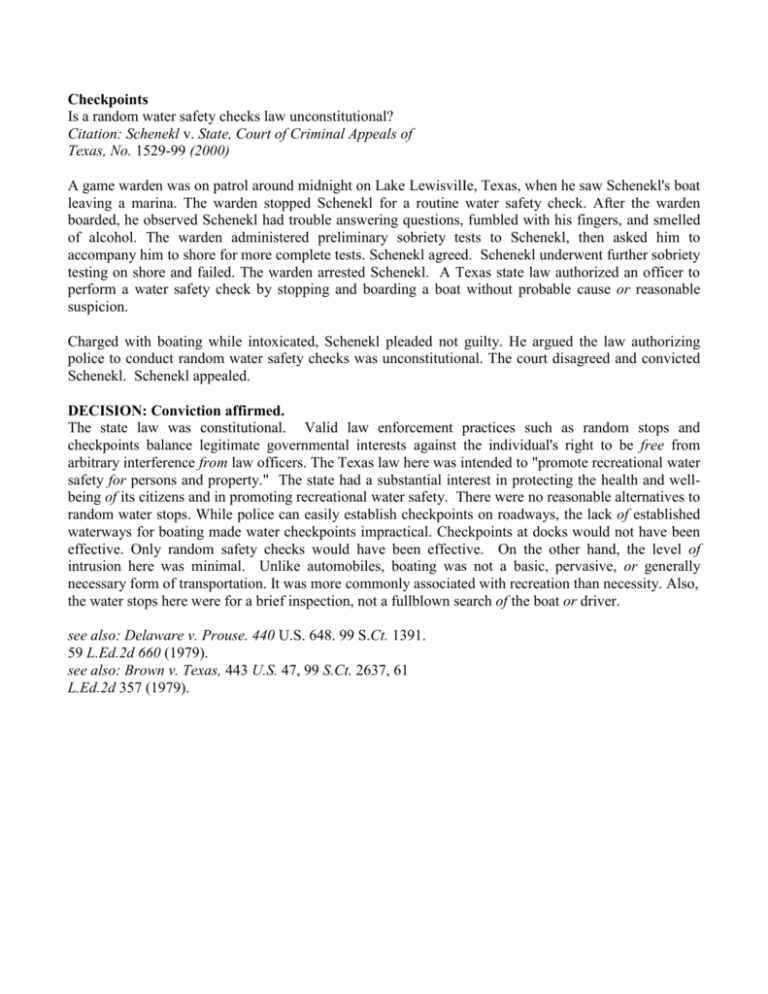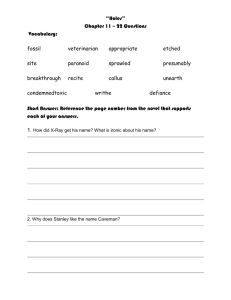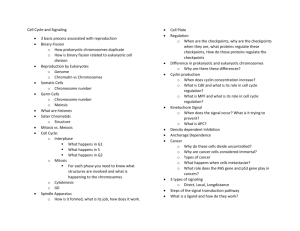Schenekl v. Texas - Operation Dry Water
advertisement

Checkpoints Is a random water safety checks law unconstitutional? Citation: Schenekl v. State, Court of Criminal Appeals of Texas, No. 1529-99 (2000) A game warden was on patrol around midnight on Lake LewisvilIe, Texas, when he saw Schenekl's boat leaving a marina. The warden stopped Schenekl for a routine water safety check. After the warden boarded, he observed Schenekl had trouble answering questions, fumbled with his fingers, and smelled of alcohol. The warden administered preliminary sobriety tests to Schenekl, then asked him to accompany him to shore for more complete tests. Schenekl agreed. Schenekl underwent further sobriety testing on shore and failed. The warden arrested Schenekl. A Texas state law authorized an officer to perform a water safety check by stopping and boarding a boat without probable cause or reasonable suspicion. Charged with boating while intoxicated, Schenekl pleaded not guilty. He argued the law authorizing police to conduct random water safety checks was unconstitutional. The court disagreed and convicted Schenekl. Schenekl appealed. DECISION: Conviction affirmed. The state law was constitutional. Valid law enforcement practices such as random stops and checkpoints balance legitimate governmental interests against the individual's right to be free from arbitrary interference from law officers. The Texas law here was intended to "promote recreational water safety for persons and property." The state had a substantial interest in protecting the health and wellbeing of its citizens and in promoting recreational water safety. There were no reasonable alternatives to random water stops. While police can easily establish checkpoints on roadways, the lack of established waterways for boating made water checkpoints impractical. Checkpoints at docks would not have been effective. Only random safety checks would have been effective. On the other hand, the level of intrusion here was minimal. Unlike automobiles, boating was not a basic, pervasive, or generally necessary form of transportation. It was more commonly associated with recreation than necessity. Also, the water stops here were for a brief inspection, not a fullblown search of the boat or driver. see also: Delaware v. Prouse. 440 U.S. 648. 99 S.Ct. 1391. 59 L.Ed.2d 660 (1979). see also: Brown v. Texas, 443 U.S. 47, 99 S.Ct. 2637, 61 L.Ed.2d 357 (1979).











